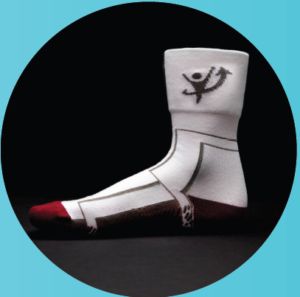

“We are encouraged that the results of the study underscored our belief that PUP is a superior approach to reducing patient falls among high-risk patients, improving patient safety, reducing costs associated with falls and related injuries, and enhancing the overall hospital experience for patients, their families and caregivers,” said Patrick Baker, Palarum CEO.
Hospitals across the country are aggressively pursuing efforts to reduce patient falls. The Joint Commission estimates that hundreds of thousands of patients fall in hospitals each year, with 30 to 50 percent of falls resulting in injury. According to the Centers for Disease Control, the direct medical costs for fall injuries for U.S. patients ages 65 or older are $34 billion annually, with hospital costs accounting for two-thirds of the total. In October 2008, Medicare stopped reimbursing U.S. hospitals for the treatment of fall injuries occurring during patients’ stays if the falls were considered preventable. Additional third-party payers have adopted similar policies.
“Based on this initial effectiveness study of PUP, we plan to conduct a group randomized interventional study in a major Midwest academic medical center beginning in the first quarter of 2018,” said Baker. “The study’s goal will be to validate the results of this pilot study.”
